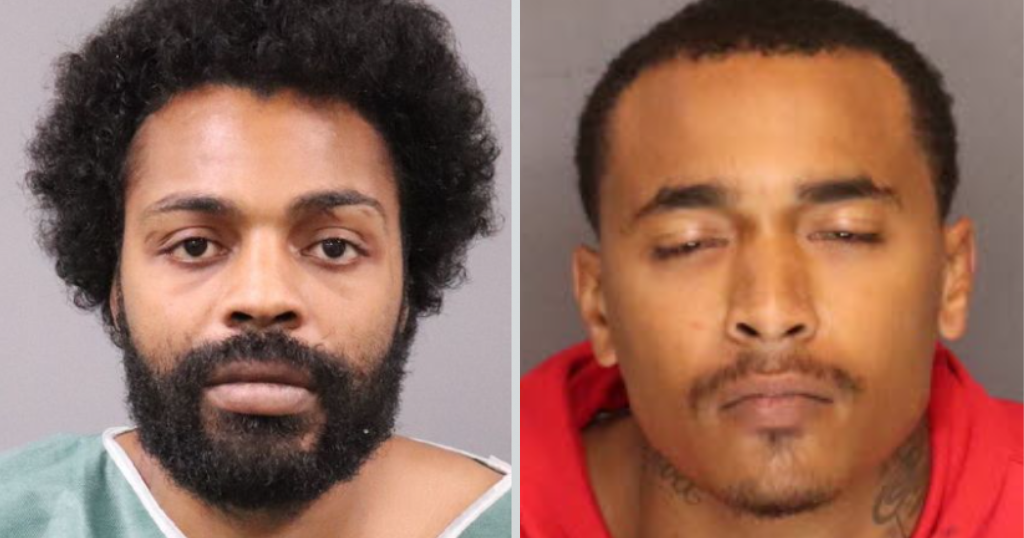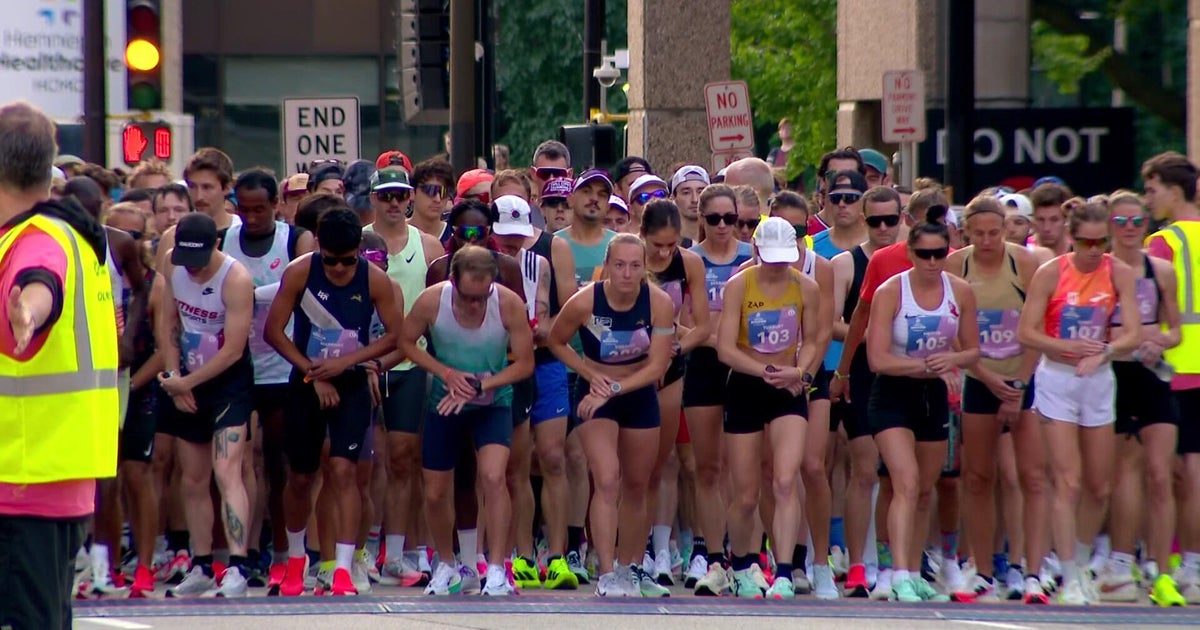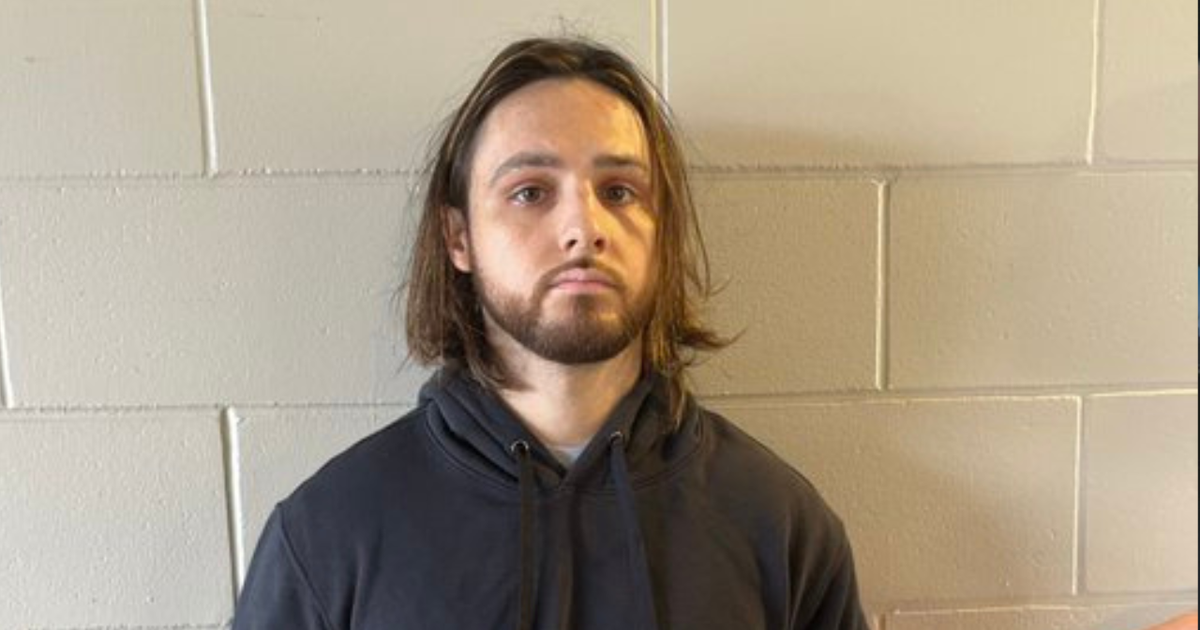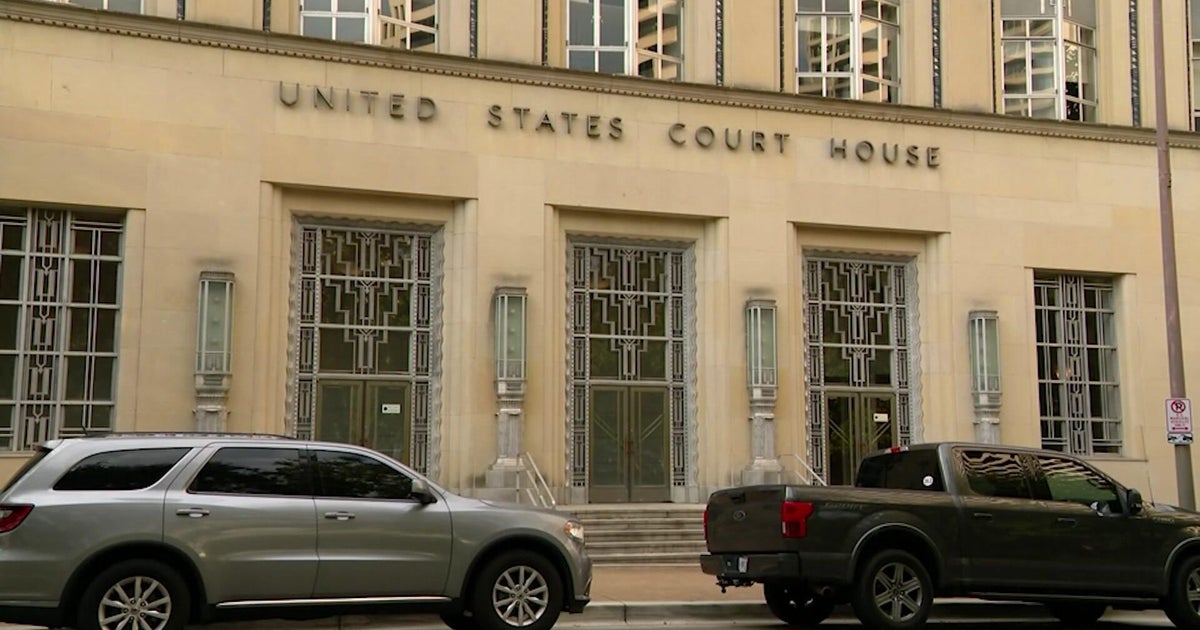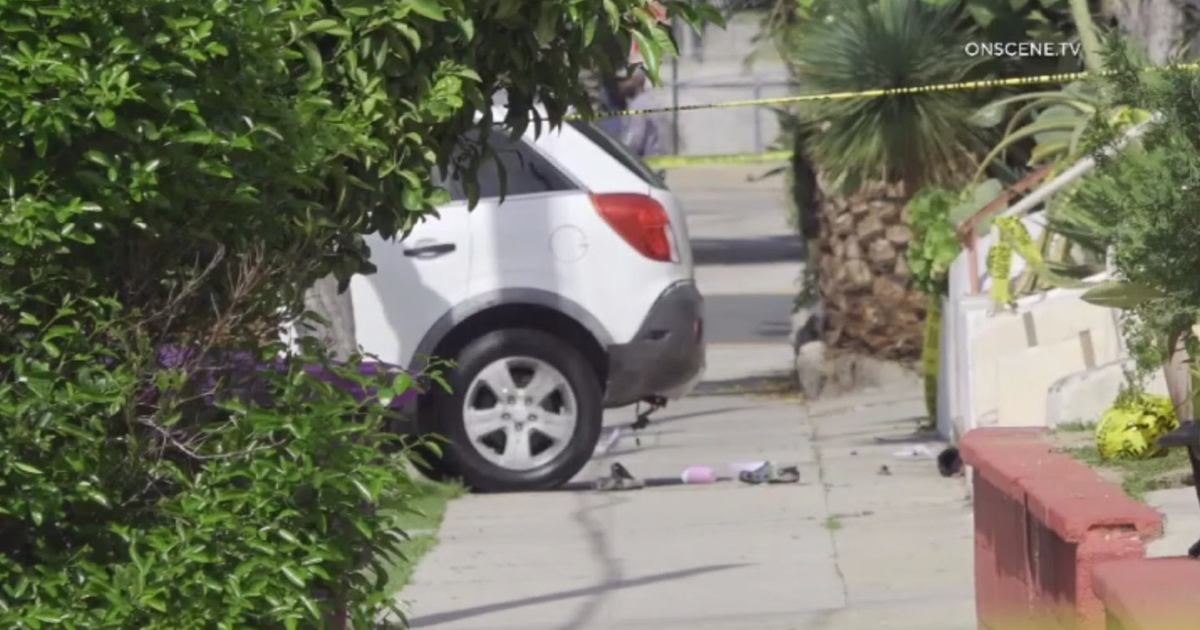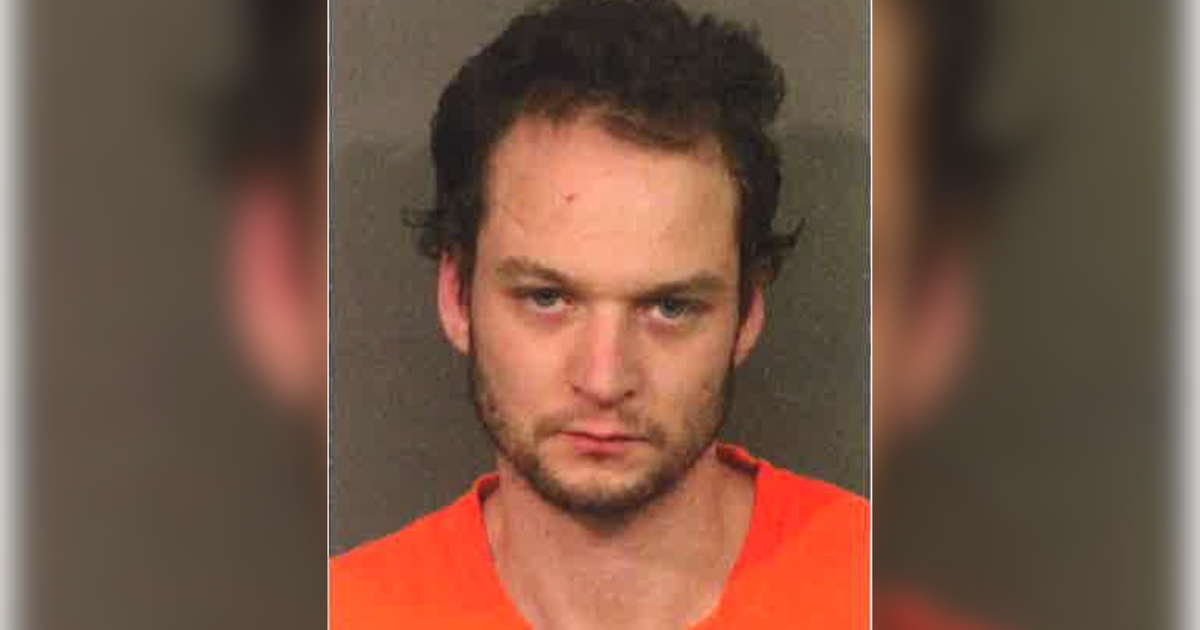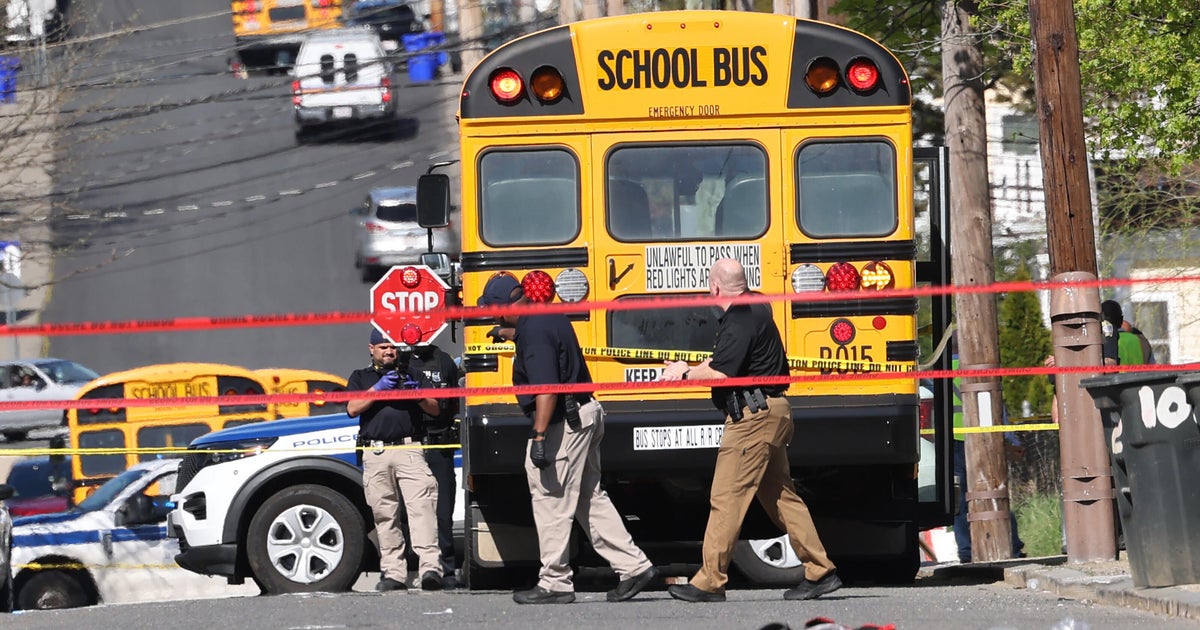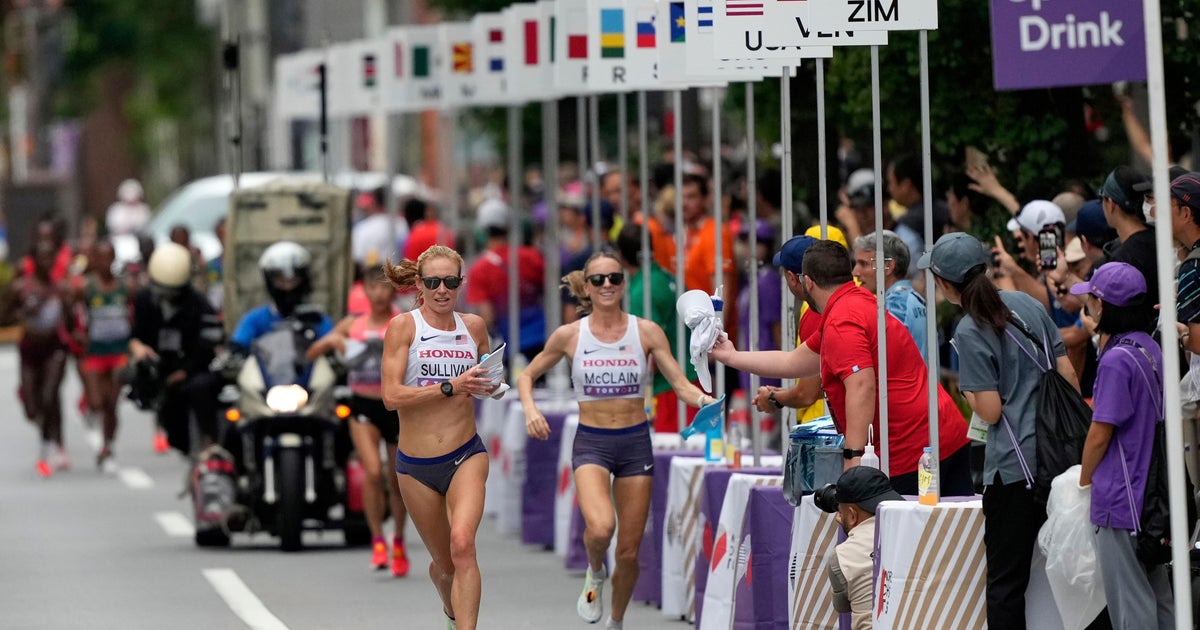Boston Marathon Bomber's Lawyers Prepare Case For Life
BOSTON (AP) — Lawyers for Boston Marathon bomber Dzhokhar Tsarnaev will begin presenting witnesses this week in the penalty phase of his trial as they try to make their case that he should be sentenced to life in prison — not death — for his role in the deadly 2013 attack.
Tsarnaev was convicted of 30 federal charges in the twin bombings that killed three people and injured more than 260 on April 15, 2013. Seventeen of the charges carry the possibility of the death penalty.
Prosecutors called 17 witnesses over three days, mainly victims who lost loved ones or limbs in the explosions. The defense case begins Monday in federal court. Here are some things to expect:
___
DEFENSE STRATEGY
Legal analysts say the defense strategy — first and foremost — will be to humanize Tsarnaev. Prosecutors have depicted Tsarnaev as a callous and heartless terrorist who placed a bomb just feet from a group of children and targeted the marathon for maximum bloodshed.
In the first phase of the trial, the defense tried to show that Tsarnaev was then a 19-year-old college student who was flunking out of school and heavily influenced by his radicalized older brother, Tamerlan, 26. In the penalty phase, the defense is likely to continue to emphasize that theme, but may also focus on his seeming aimlessness to show that he did not appear to be motivated by political concerns and that his brother was the driving force behind the attack, aimed at punishing the U.S. for its wars in Muslim countries.
___
WITNESSES
The witness list has not been made public, but legal experts expect the defense to call family members and friends who will describe Tsarnaev as a well-behaved child who appeared to adjust well to his life in the U.S. after moving here with his parents and siblings from Russia about a decade before the bombings, when he was 8 or 9. Tsarnaev attended Cambridge Rindge and Latin School, was on the wrestling team and won a $7,500 college scholarship from the city of Cambridge.
Other witnesses could include friends who may be asked to describe the relationship between Dzhokhar and Tamerlan. During the first phase of the trial, a friend of Dzhokhar's testified that he told him Tamerlan was strict and opinionated, and said: "You don't want to meet my brother."
The defense also is expected to call experts who can testify about the political climate in Kyrgyzstan and the volatile region of Dagestan, Russia, an area bordering Chechnya where the Tsarnaev family lived before moving to the U.S.
Other witnesses may testify about problems in the Tsarnaev family. Tsarnaev's parents had divorced and moved back to Russia, leaving Tamerlan as his closest family member at the time of the bombings. During her opening statement to the jury, prosecutor Nadine Pellegrini offered a possible glimpse of the defense case when she told jurors they may hear about dysfunction in the Tsarnaev family. Trying to counter that, she said many people have dysfunctional families. "Who among them murders a child with a bomb?" she said.
___
TIMELINE
Judge George O'Toole Jr. told the jury he expects the penalty phase to last about four weeks. Since the prosecution case took less than a week, that leaves two to three weeks for the defense to present its case. Prosecutors will be allowed to present rebuttal witnesses. Both sides will get the chance to give closing arguments. The jury of seven woman and five men will then get instructions from the judge, then begin deliberating. The jurors have only two choices: life in prison or the death penalty.
___
JURY'S TASK
The jury will be asked to weigh aggravating factors presented by prosecutors against mitigating factors presented by Tsarnaev's lawyers.
Some aggravating factors outlined by prosecutors include their contention that the crime was committed in an especially heinous, cruel and depraved manner; that there was a particularly vulnerable victim, an 8-year-old boy who was killed; that Tsarnaev intended to kill more than one person; and that he committed the crime after substantial planning or premeditation to cause death or to commit an act of terrorism.
Tsarnaev's lawyers have not revealed what mitigating factors they will cite, but they have already sought to emphasize that he was only 19 at the time of the attack and that he was influenced by his brother.
Copyright 2015 The Associated Press. All rights reserved. This material may not be published, broadcast, rewritten or redistributed.
